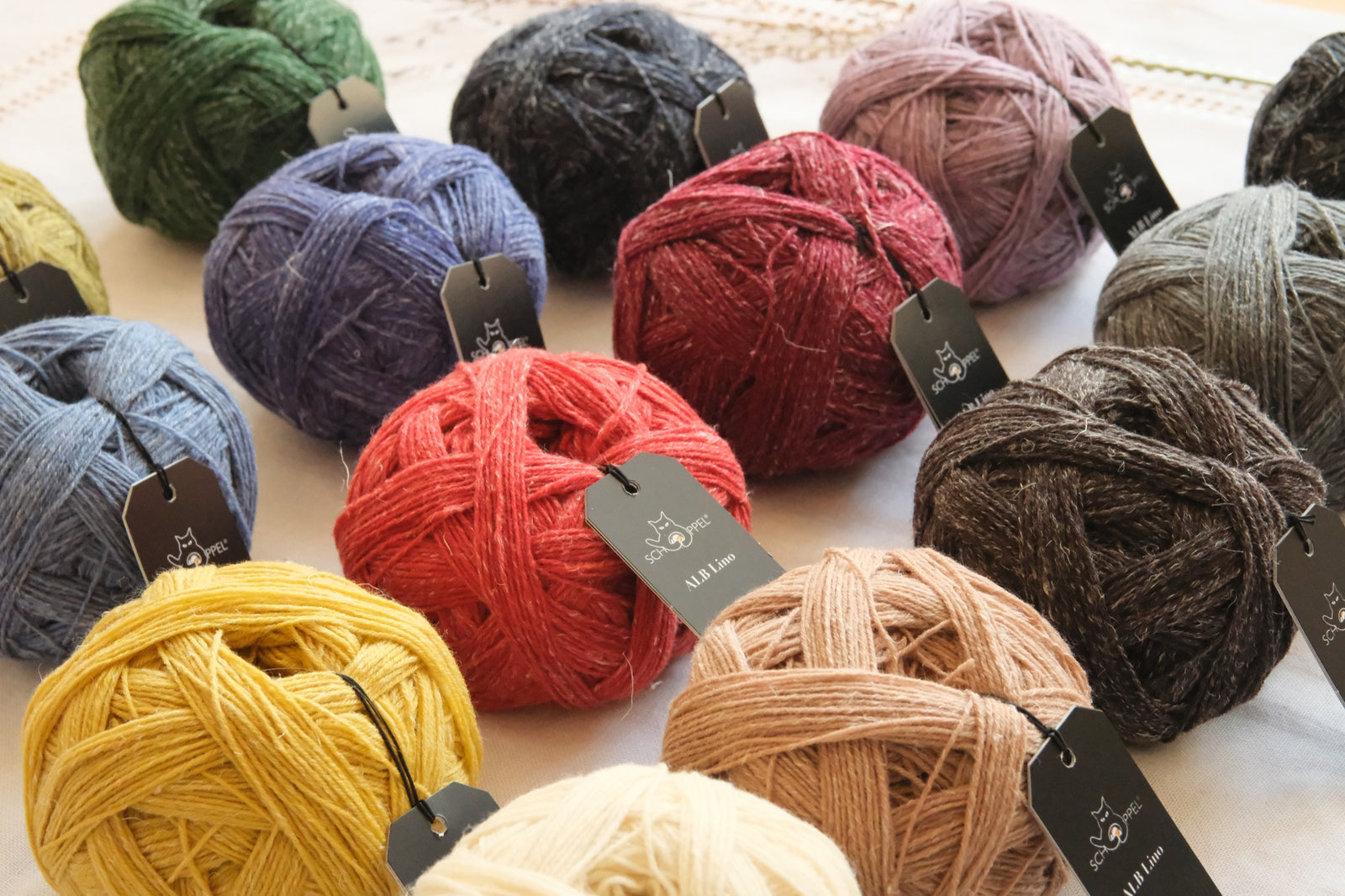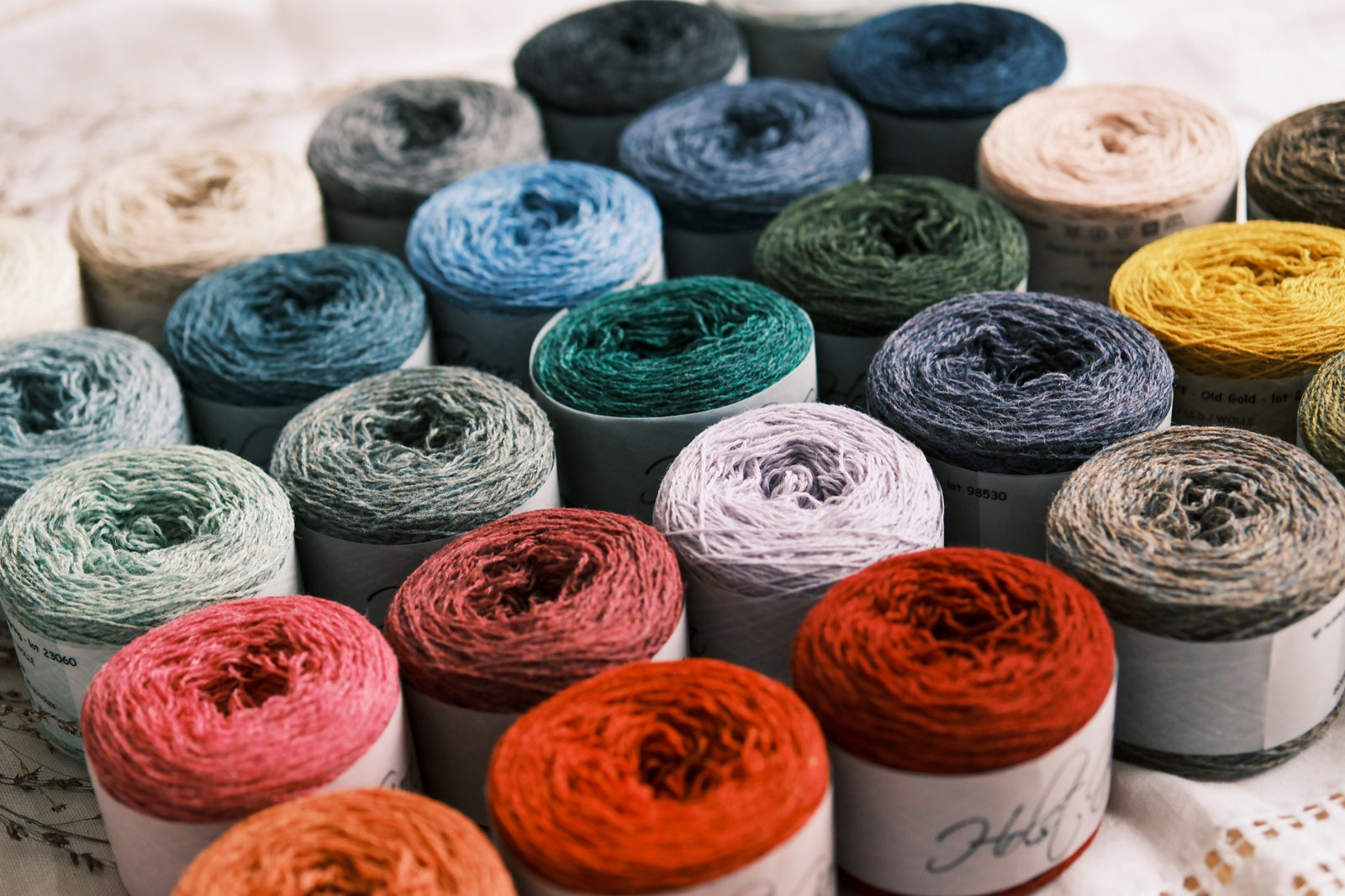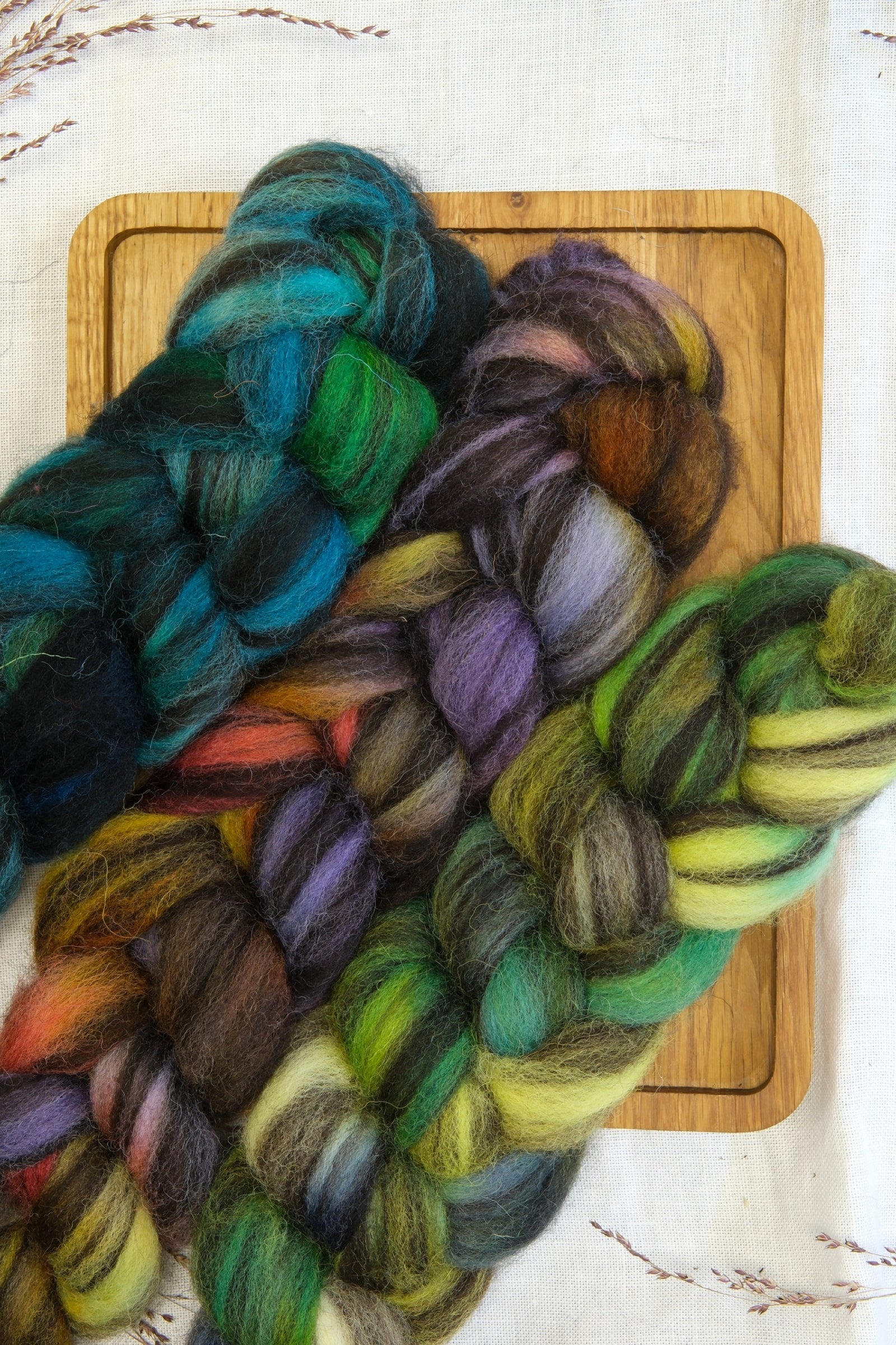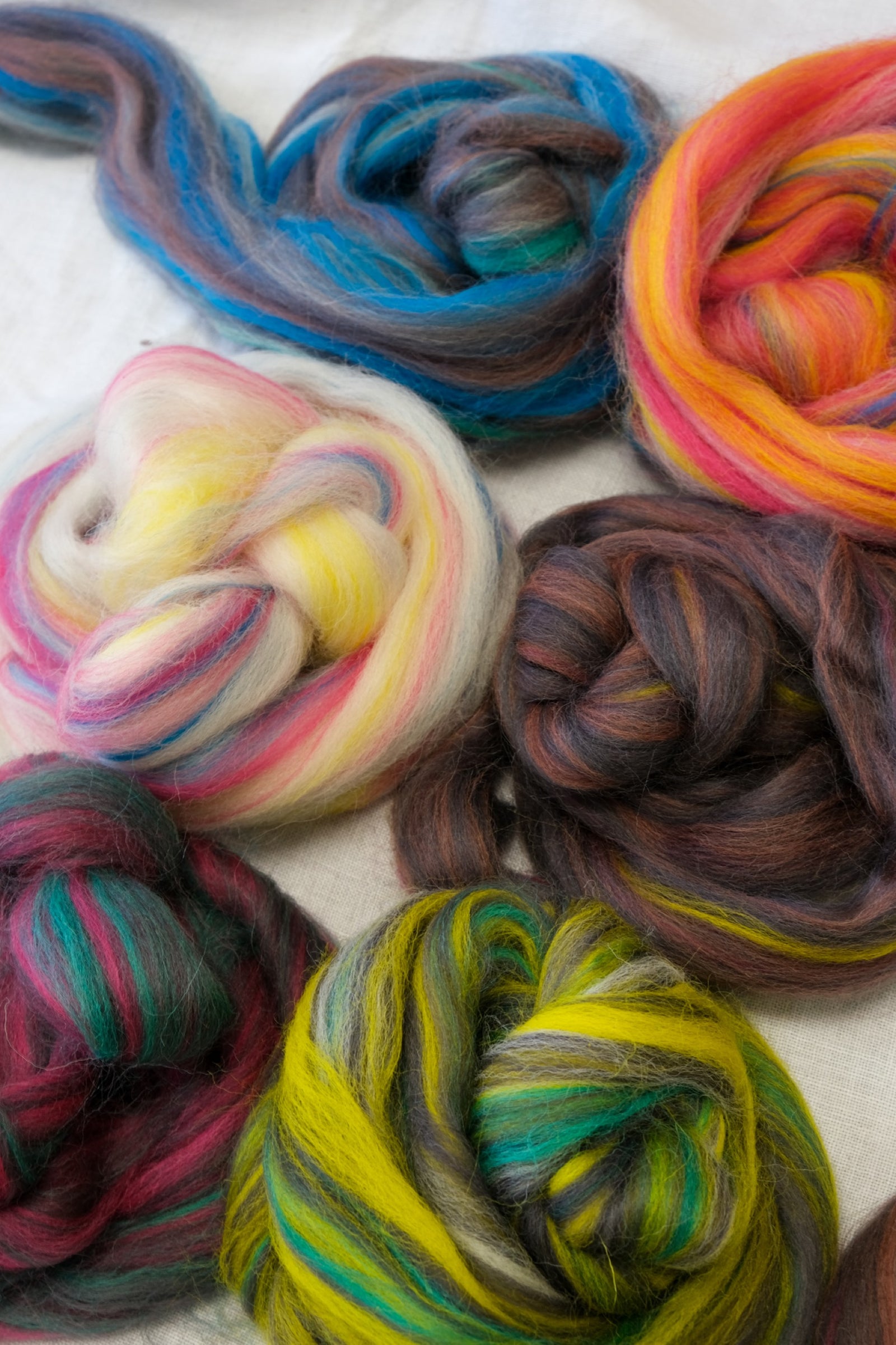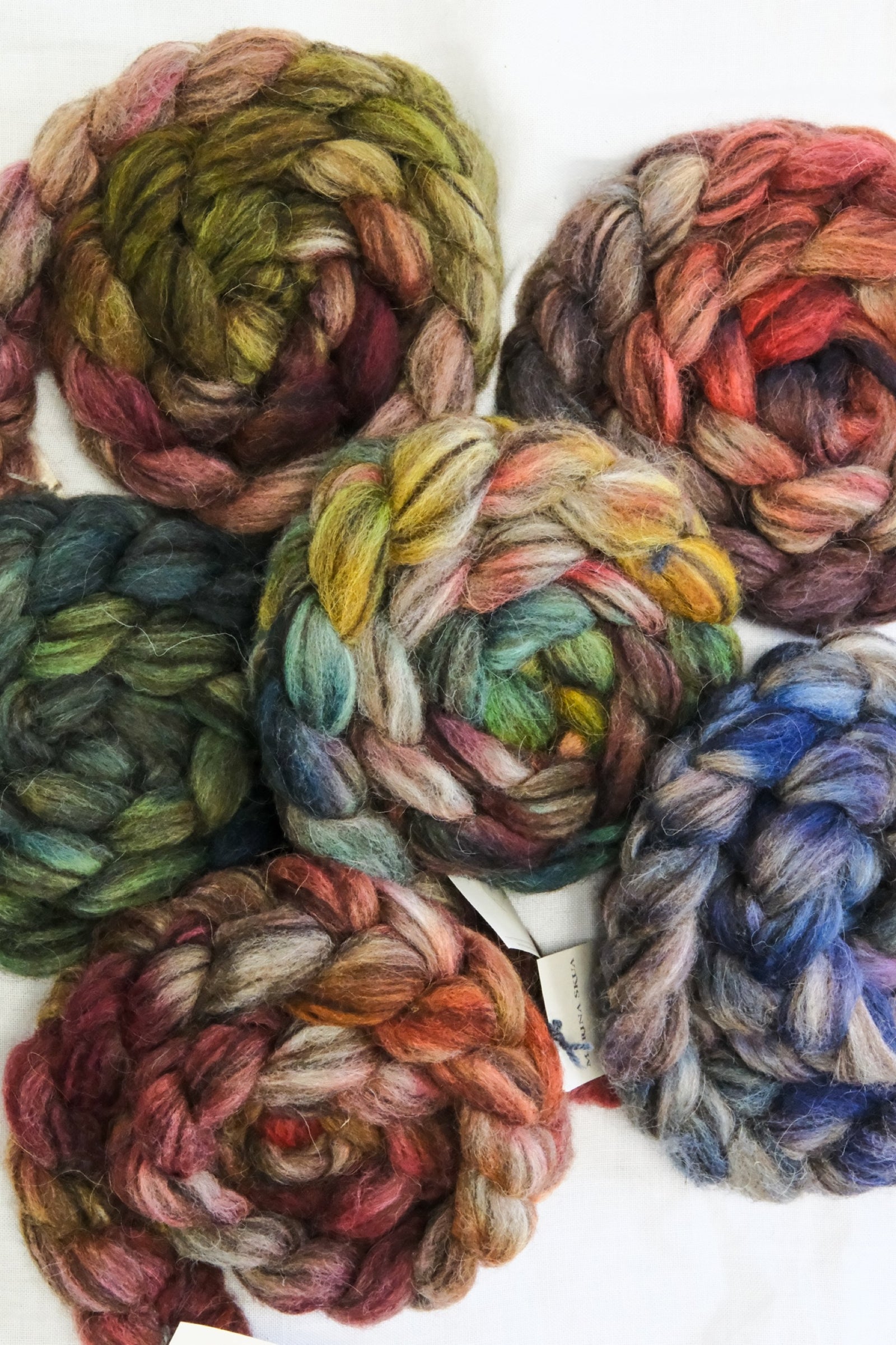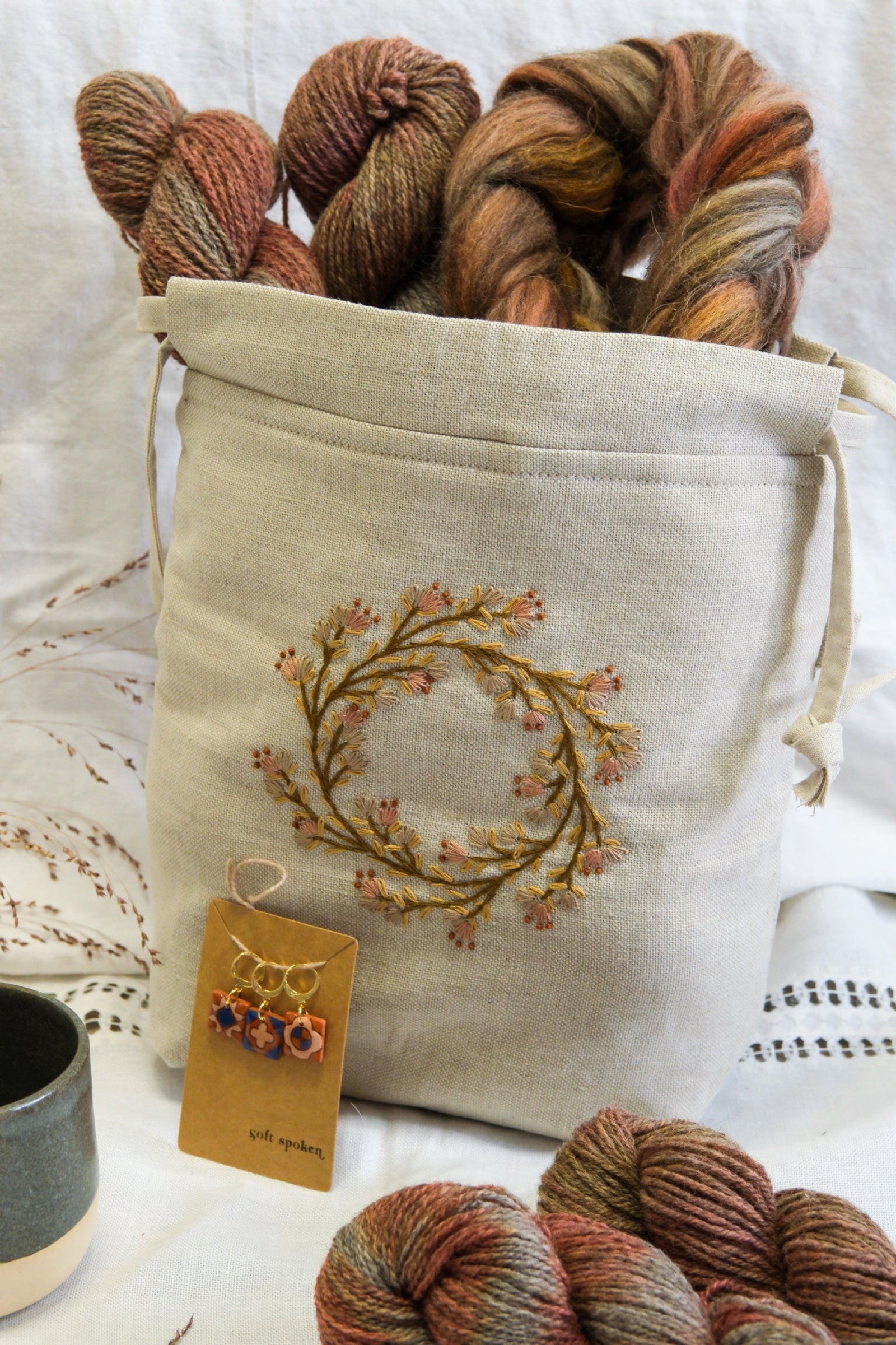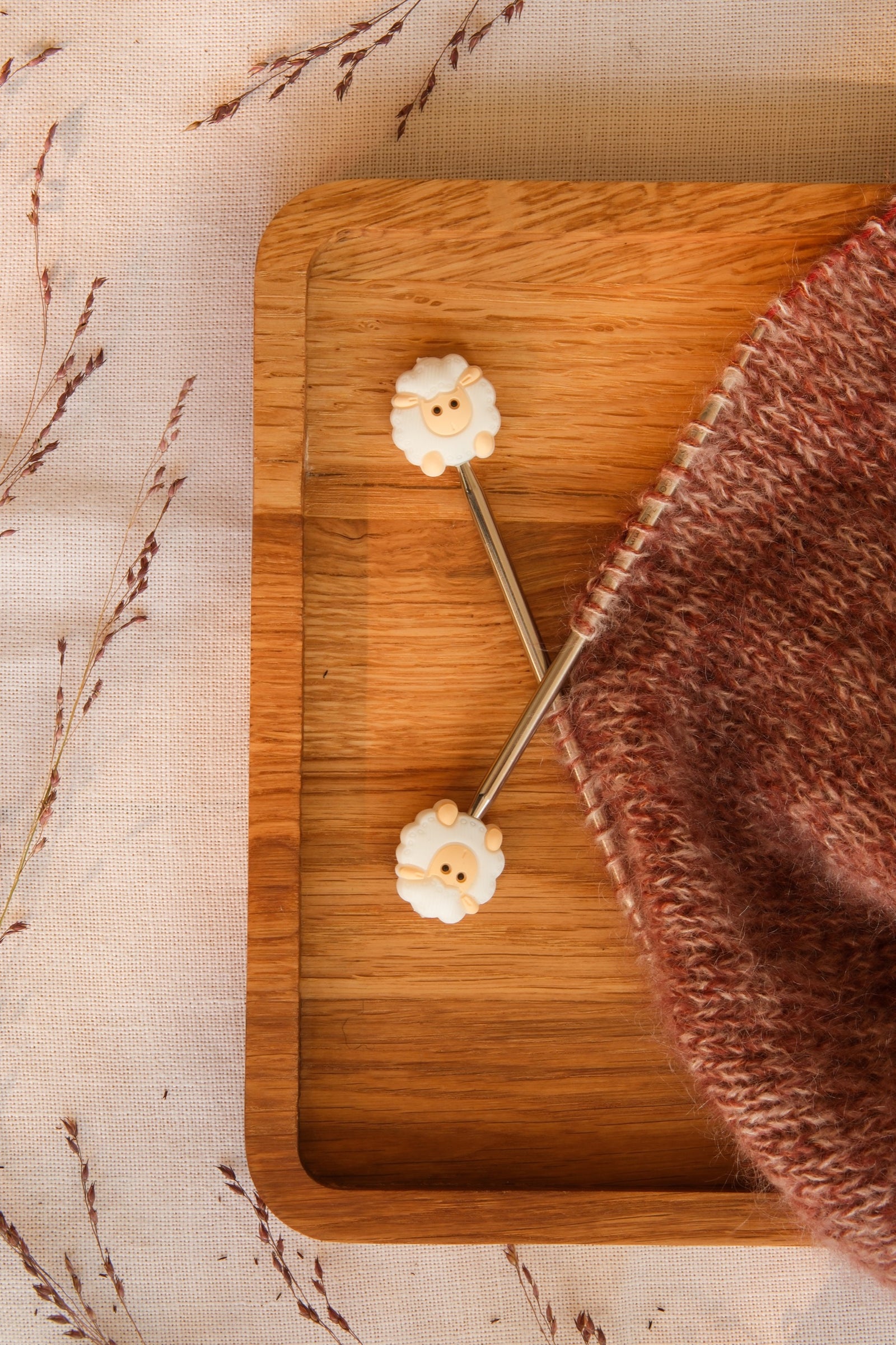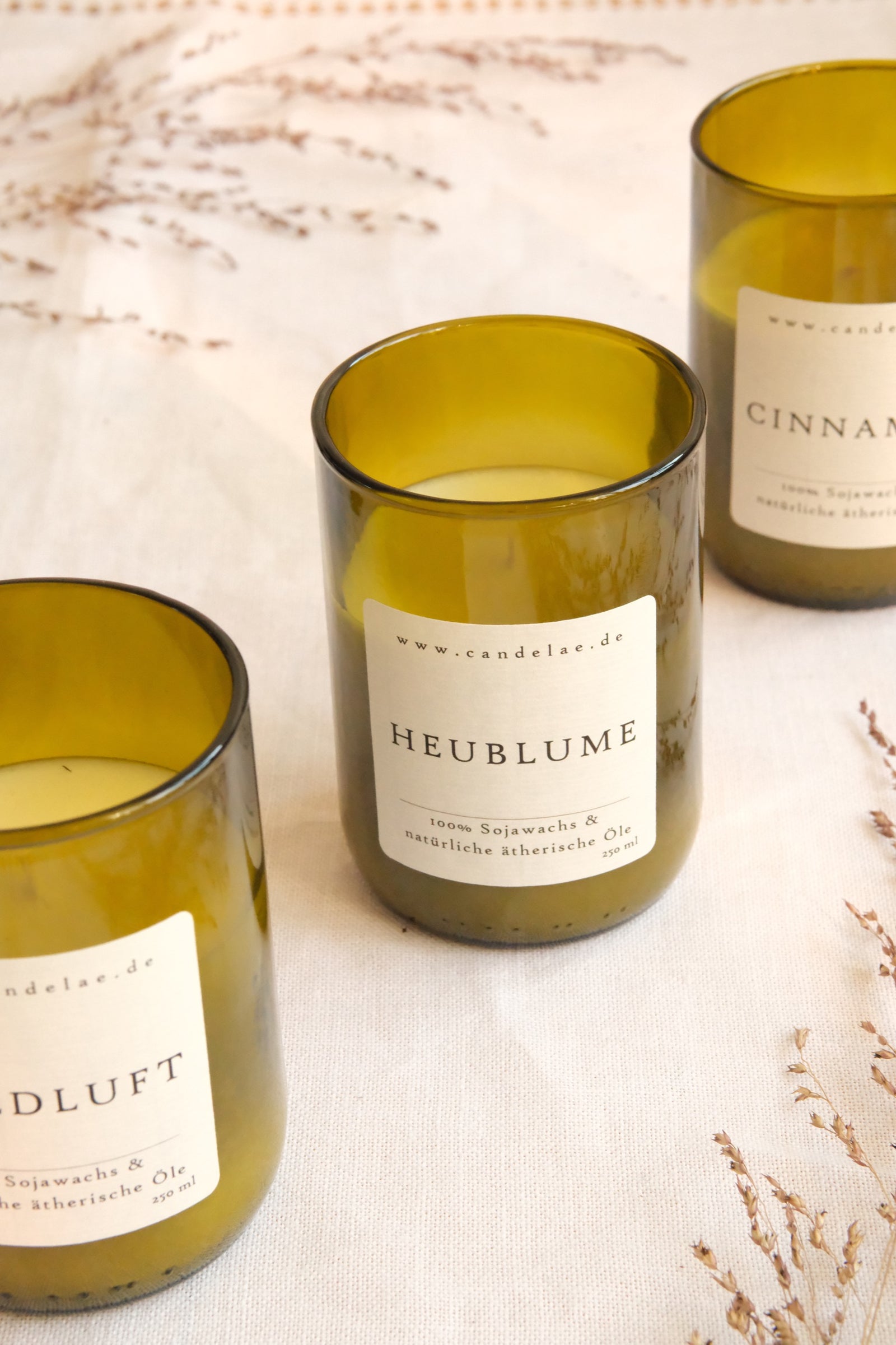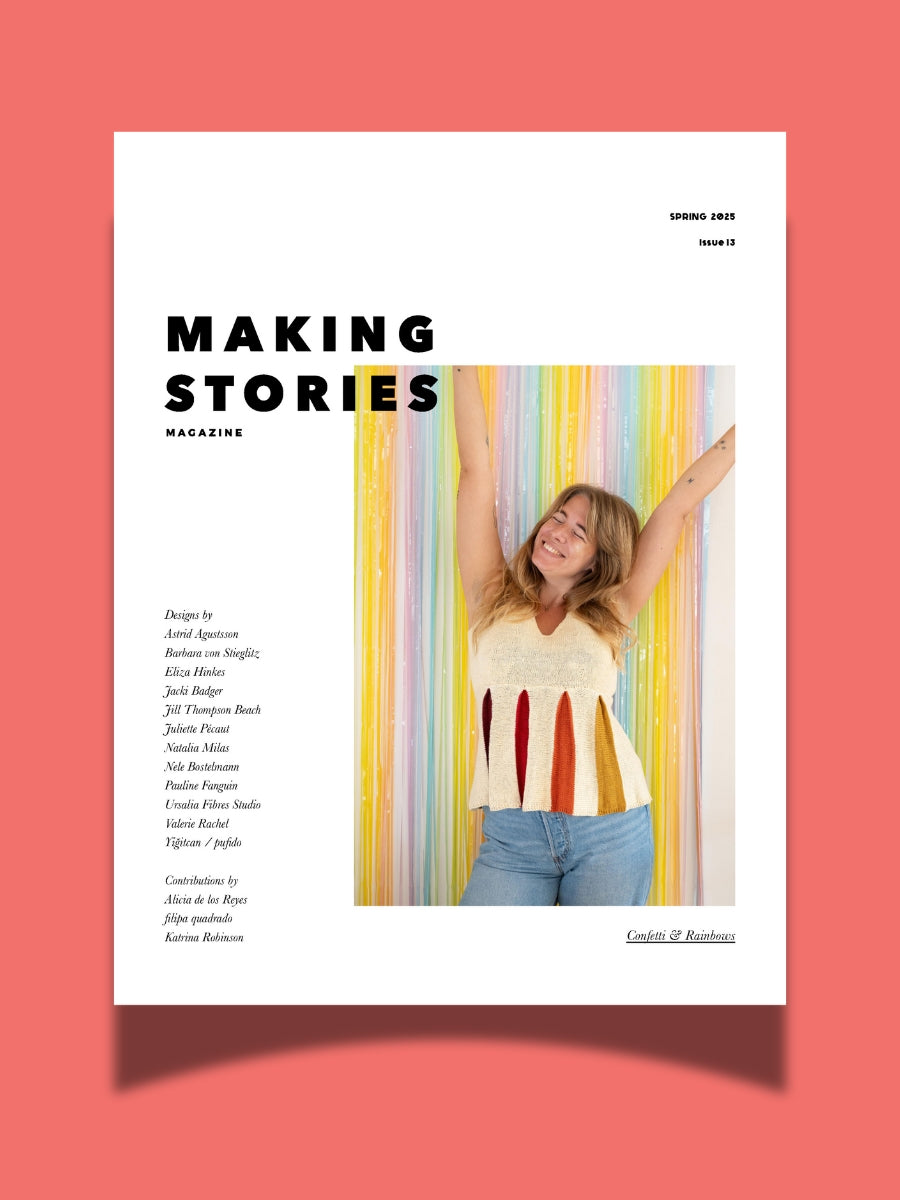As of April 1, Making Stories is closed. Thank you for your support all these years!
As of April 1, Making Stories is closed. Thank you for your support all these years!
Spinning Fiber
Notions & Gifts
Books, Magazines & Patterns
About Us
We're here to help you stitch sustainability into every aspect of your making.
With our carefully curated selection of non-superwash, plastic-free yarns and notions, we have everything you need to get started on your next project - and the one after that.
Here's to a wardrobe of knits we love and want to wear for years to come!
We're here to help you stitch sustainability into every aspect of your making.
With our carefully curated selection of non-superwash, plastic-free yarns and notions, we have everything you need to get started on your next project - and the one after that.
Here's to a wardrobe of knits we love and want to wear for years to come!

Our Sustainability Pledge

Our Blog

Our Podcast
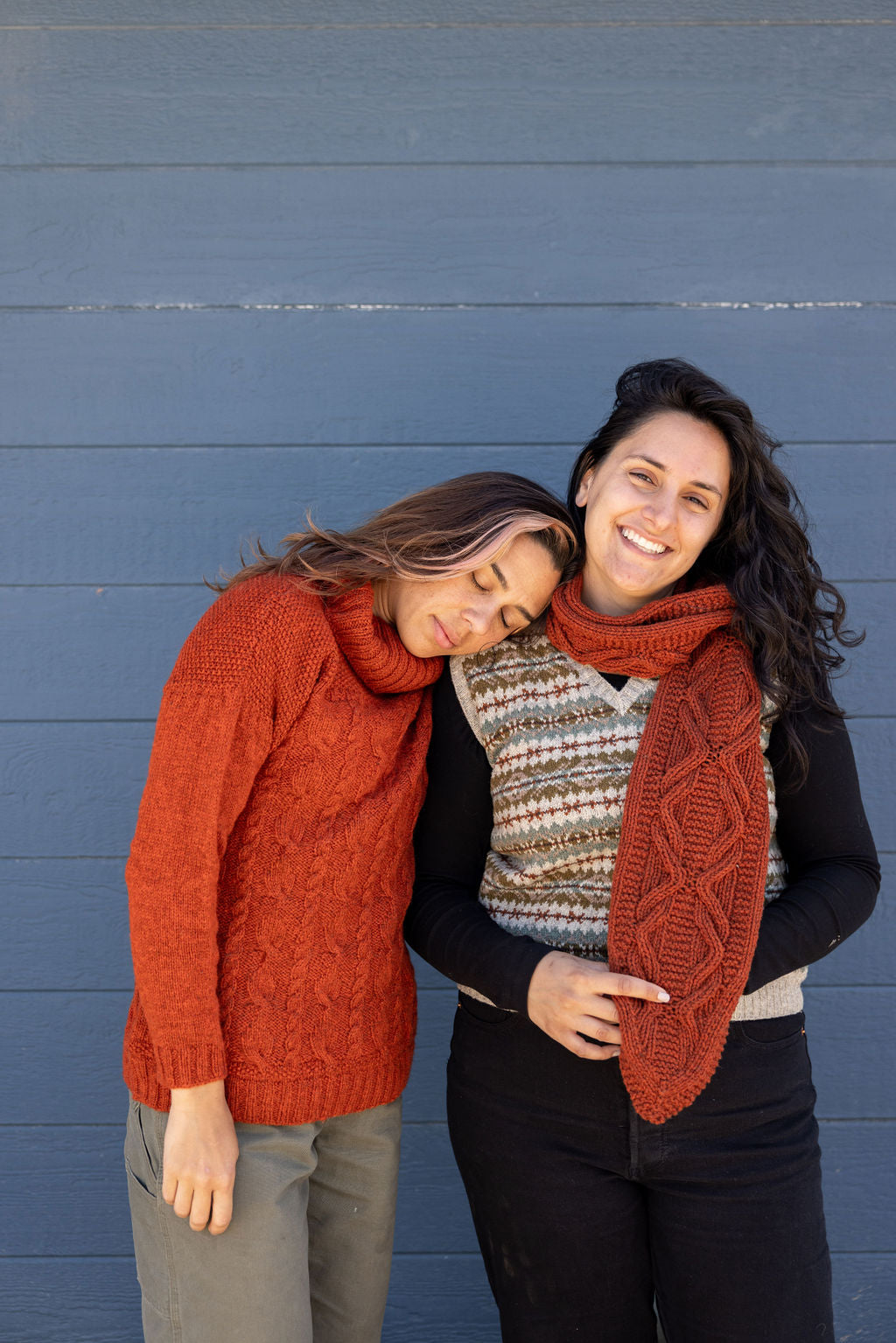
The Making Stories Collective

Spinning Tips & Tricks

What to make with hand-spun yarn
May 22, 2024 4 min read
The joy of spinning your own yarn is that you can design the yarn from the fibre up. In theory this means you can hold the pattern or project you’d like to make in mind, and create the yarn to match.
However in practice, at least at the beginning, that’s often not how it goes. Perhaps your spinning is either a bit inconsistent, or you find it hard to spin to a specific weight of yarn. Maybe you enjoy spinning from gloriously dyed variegated fibre and the result is very busy-looking yarn. It might be that you have small, precious skeins of practice yarn, or on the other end of the scale, you’re amassing hand-spun yarn faster than you can possibly knit through it.

How to get started with spinning
May 16, 2024 5 min read
Spinning yarn can seem a daunting craft, requiring arcane tools and techniques, but the fundamentals are simple. It is about adding twist to fibre, which gives it the strength to not pull apart. Most preparations of fibre will require drafting – that is, continuously pulling the fibre so fewer strands (or staples) are twisted together to make a thinner yarn. Drafting and adding twist are all that are needed to make yarn.
You might hear about woollen and worsted spinning, and the long- and short-draw methods associated with them. While interesting, and good to understand when improving your skills, the beginner spinner doesn’t need to worry overmuch about these terms.
We’re going to look at the tools and fibre you’ll need before you start spinning yarn.

What’s the difference between combed top, roving, batts and rolags?
May 08, 2024 5 min read
Learning to spin yarn comes with a huge array of new jargon, and a lot of these terms relate to how the fibre is prepared. Whether animal or plant fibre, there is a variety of ways it can be processed from raw material into something you can spin into yarn.
We’re going to look at some of the common formats available to hand spinners, what their characteristics are and the kind of spinning techniques they’re suitable for.

